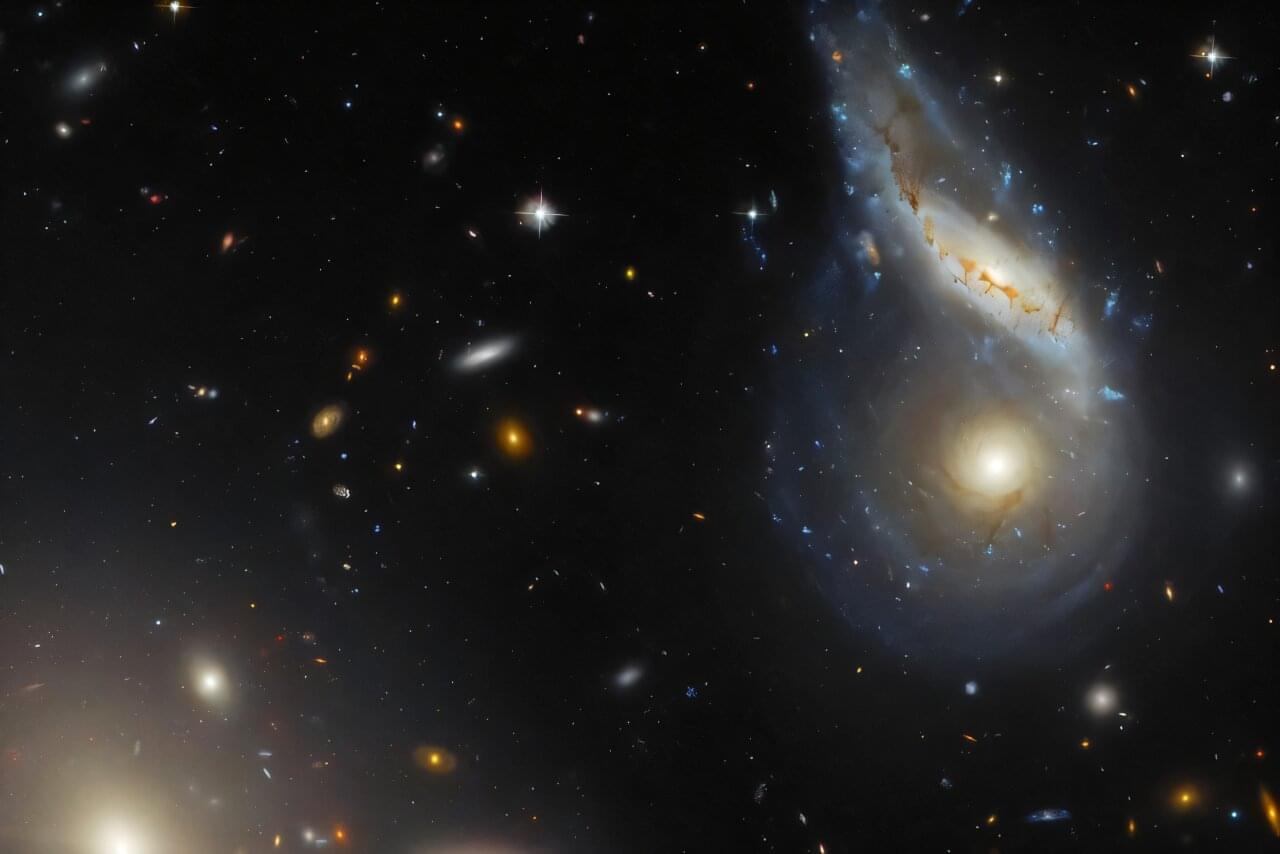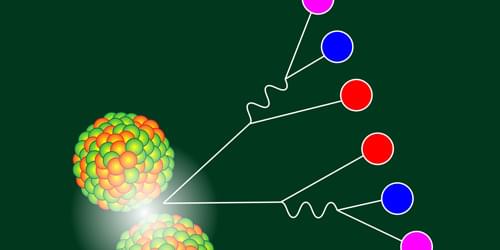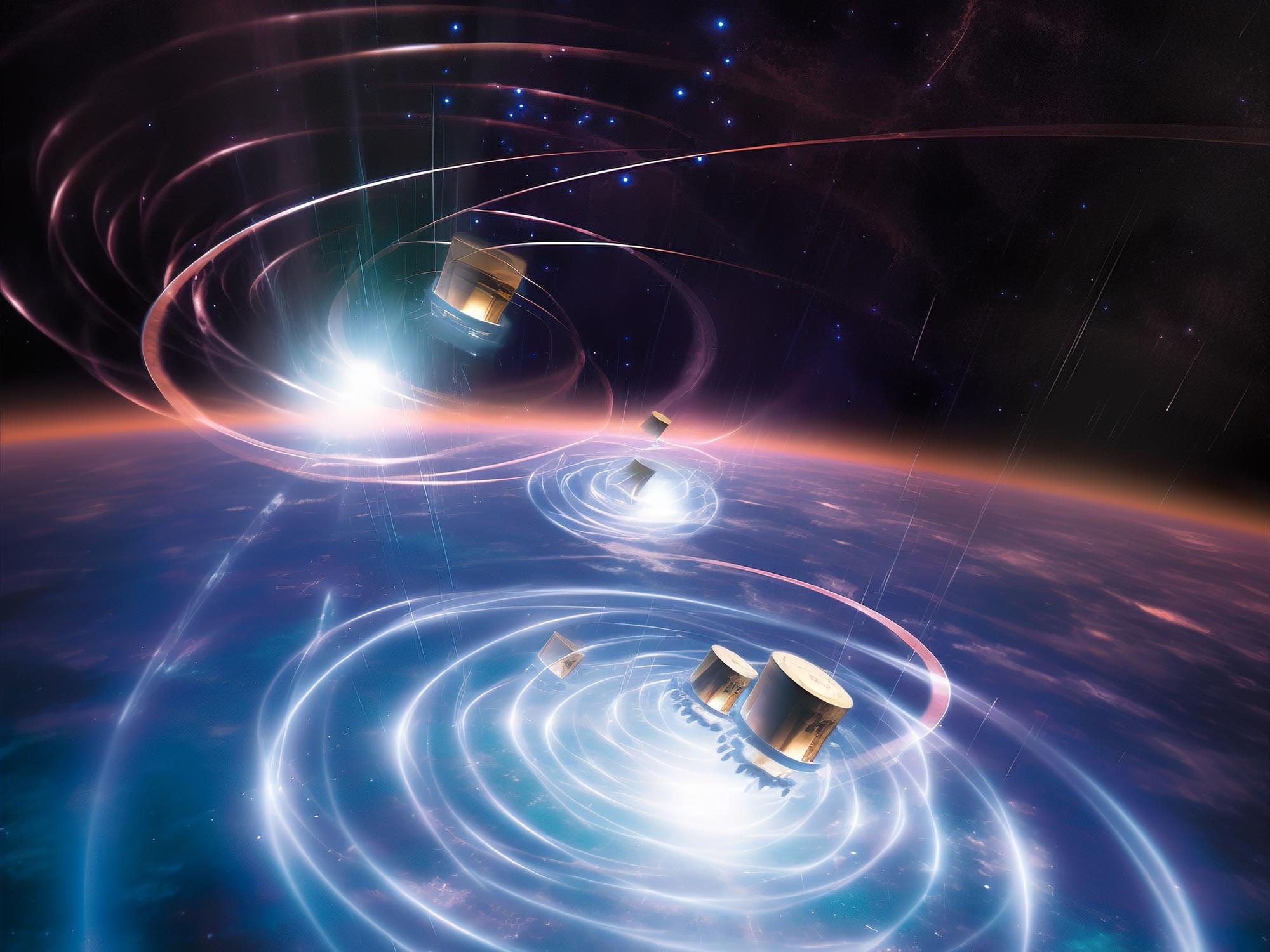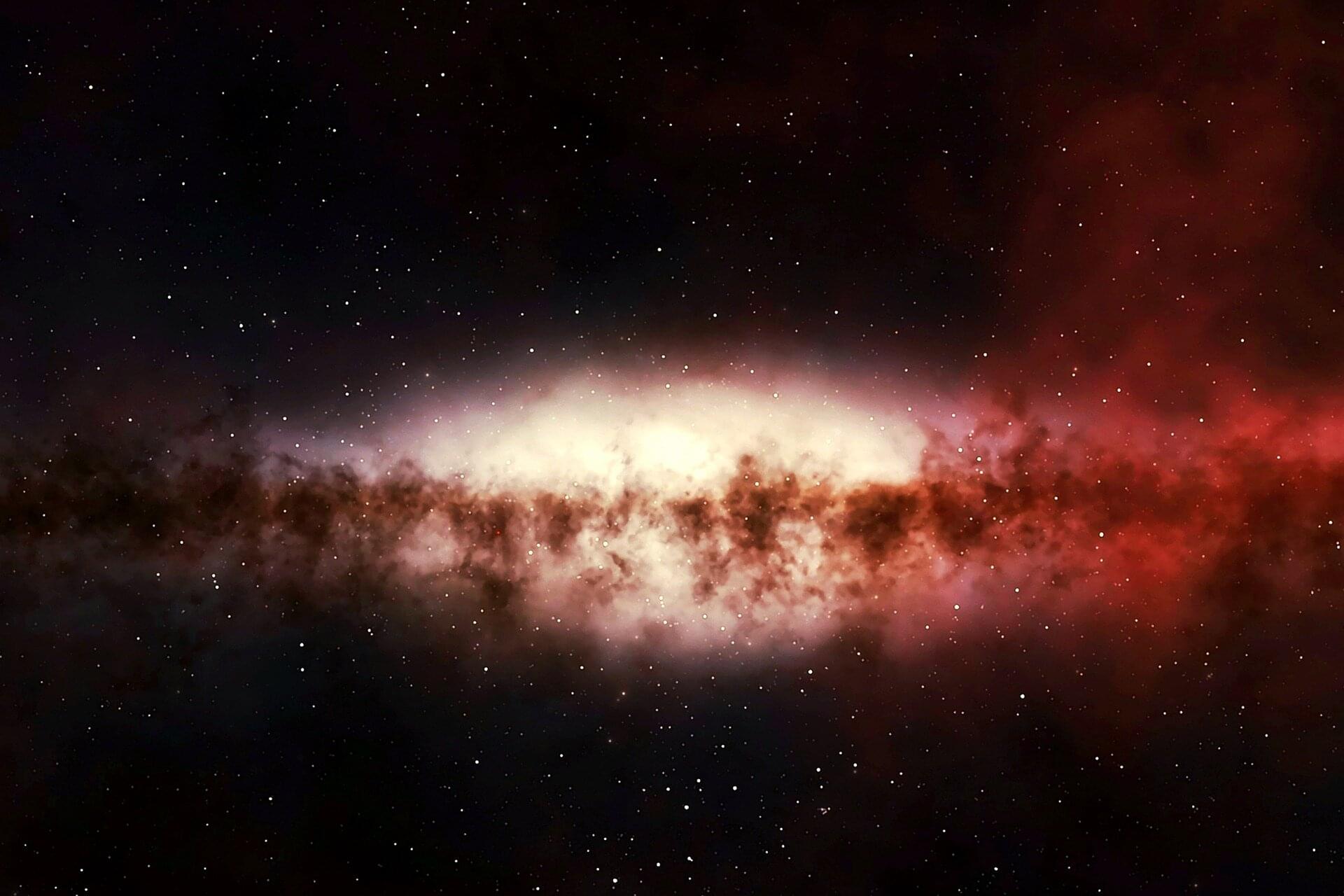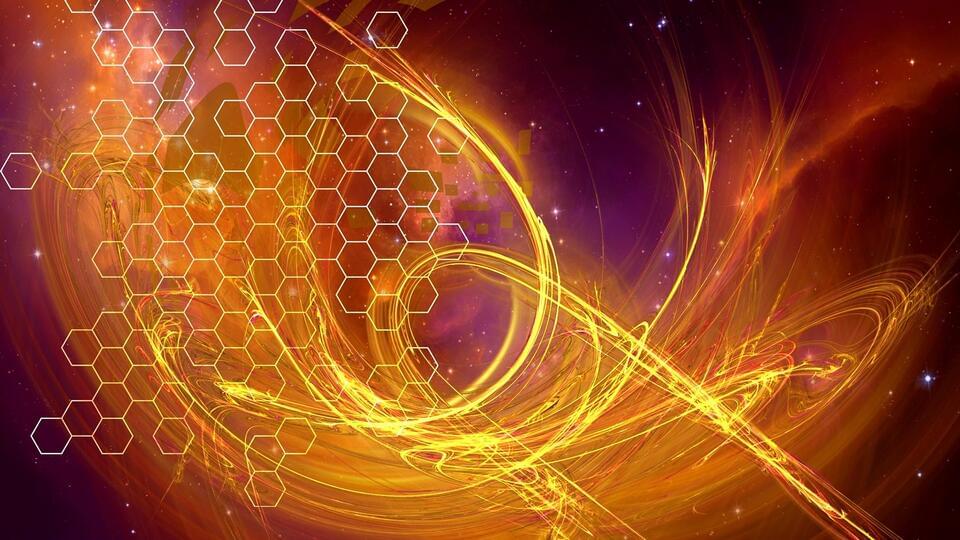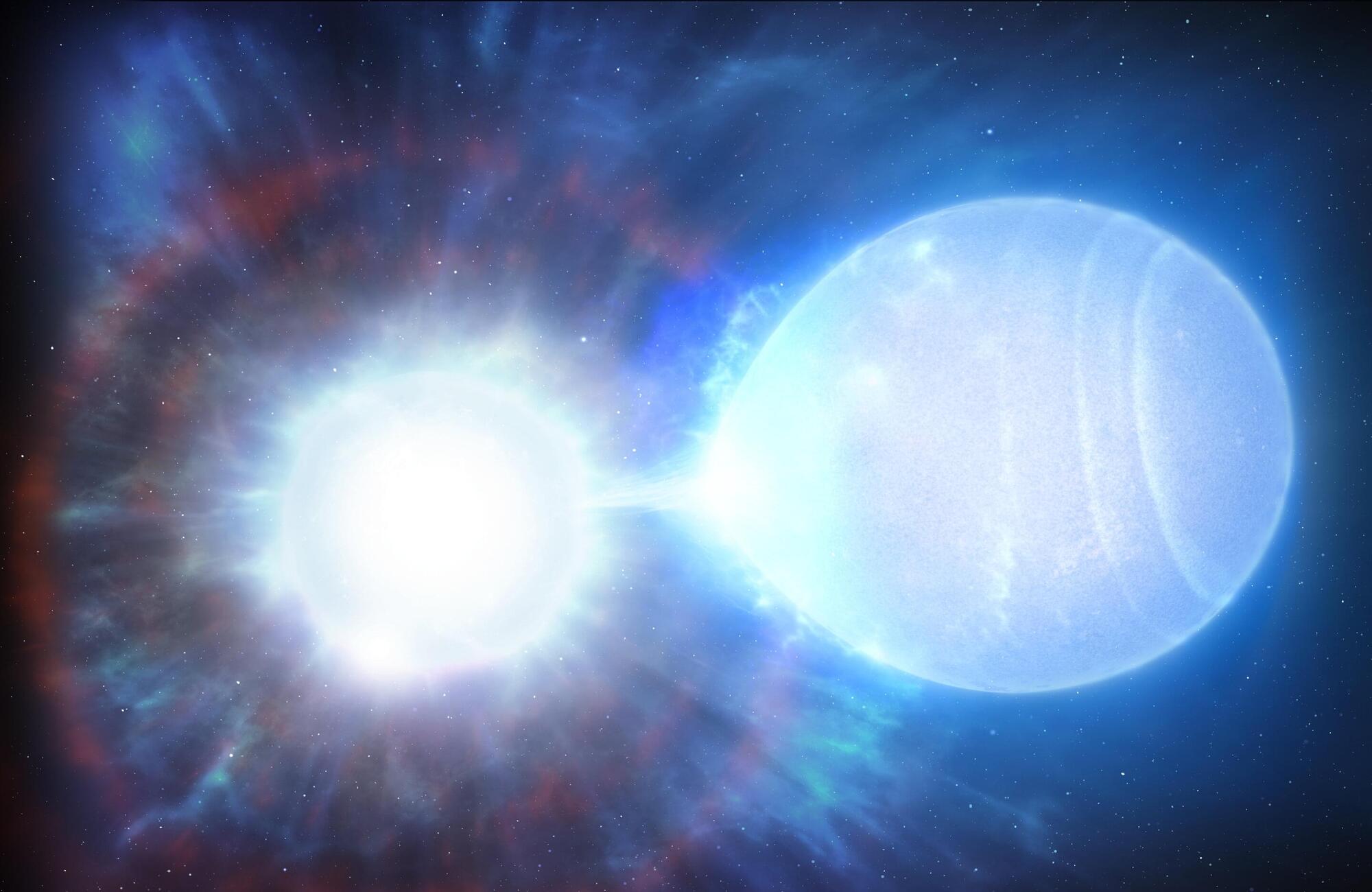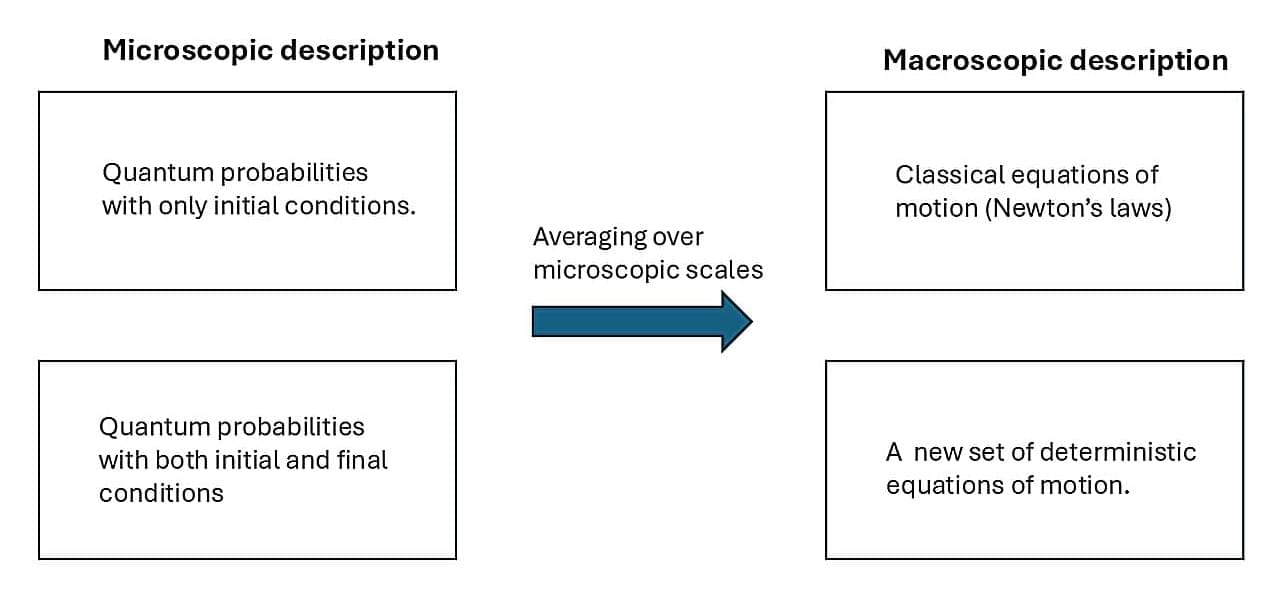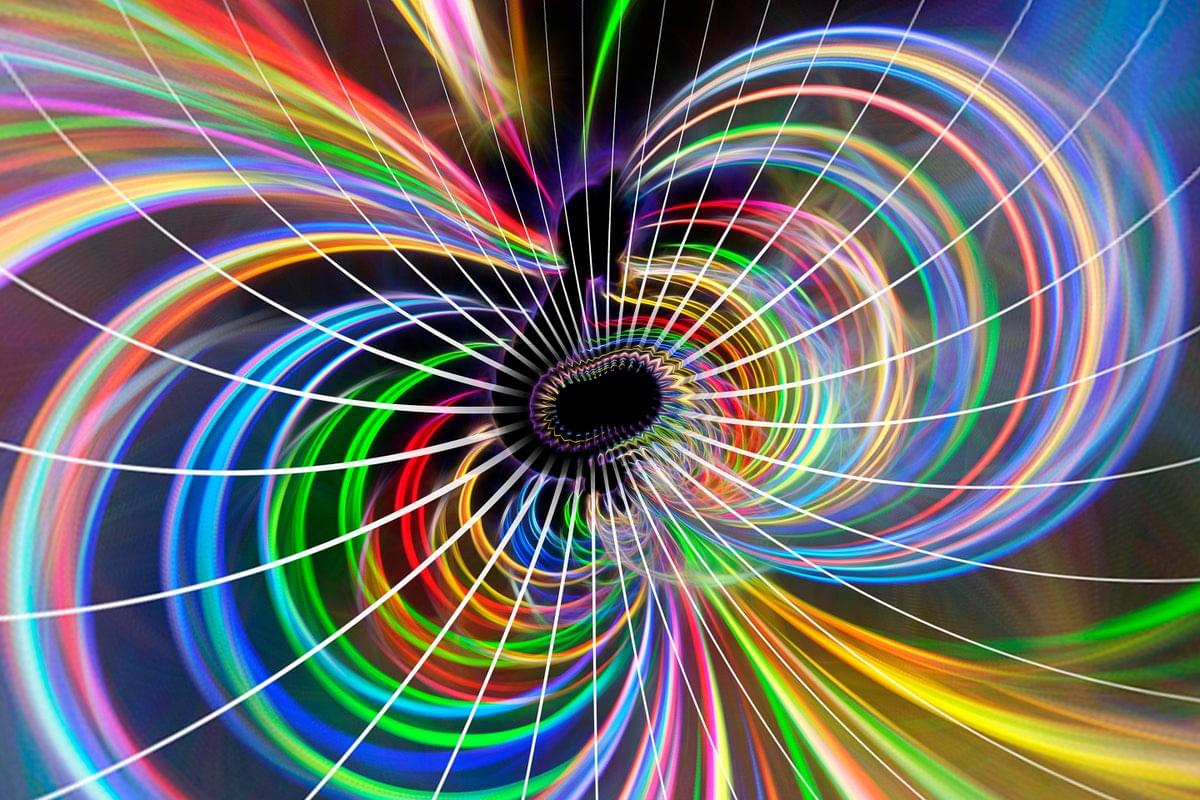The universe doesn’t come with an instruction manual—but if it did, University of Missouri Assistant Professor Charles Steinhardt suspects a few pages are missing. Either the universe has been playing by different rules all along, or humanity has been reading the script wrong.
Traditionally, astronomers have grouped galaxies into two different categories: blue, which are young and actively forming stars, and red, which are older and have ceased star formation. Now, Steinhardt is challenging the traditional understanding of galaxies by proposing a third category: red star-forming. They don’t fit neatly into the usual blue or red—instead, they’re somewhere in between.
“Red star-forming galaxies primarily produce low-mass stars, making them appear red despite ongoing star birth,” he said. “This theory was developed to address inconsistencies with the traditional observed ratios of black hole mass to stellar mass and the differing initial mass functions in blue and red galaxies—two problems not explainable by aging or merging alone. However, what we learned is that most of the stars we see today might have formed under different conditions than we previously believed.”
